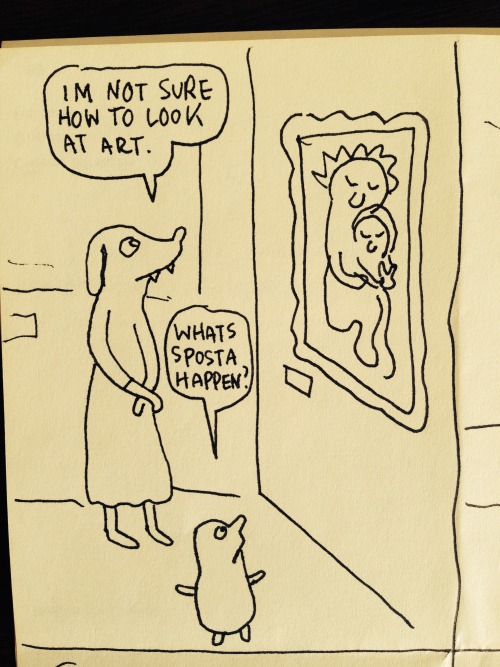Leave the phone at home and put news on your wrist
niemanlab.org
Frank Chimero:
If the watch can become people’s primary device, it may provide the opportunity to switch the media paradigm from an endless stream to a concentrated dispatch.
I was reminded of Hodinkee’s Apple Watch Series 3 review:
This image above is what I’ve carried with me the last three days. Not only is there no phone – which, let me tell you, is incredibly liberating – but also I’m now only carrying one AirPod with me at a time. I can make calls, listen to music, and use Siri all from just the single unit, which I throw into my pants pocket when I’m not using it.

